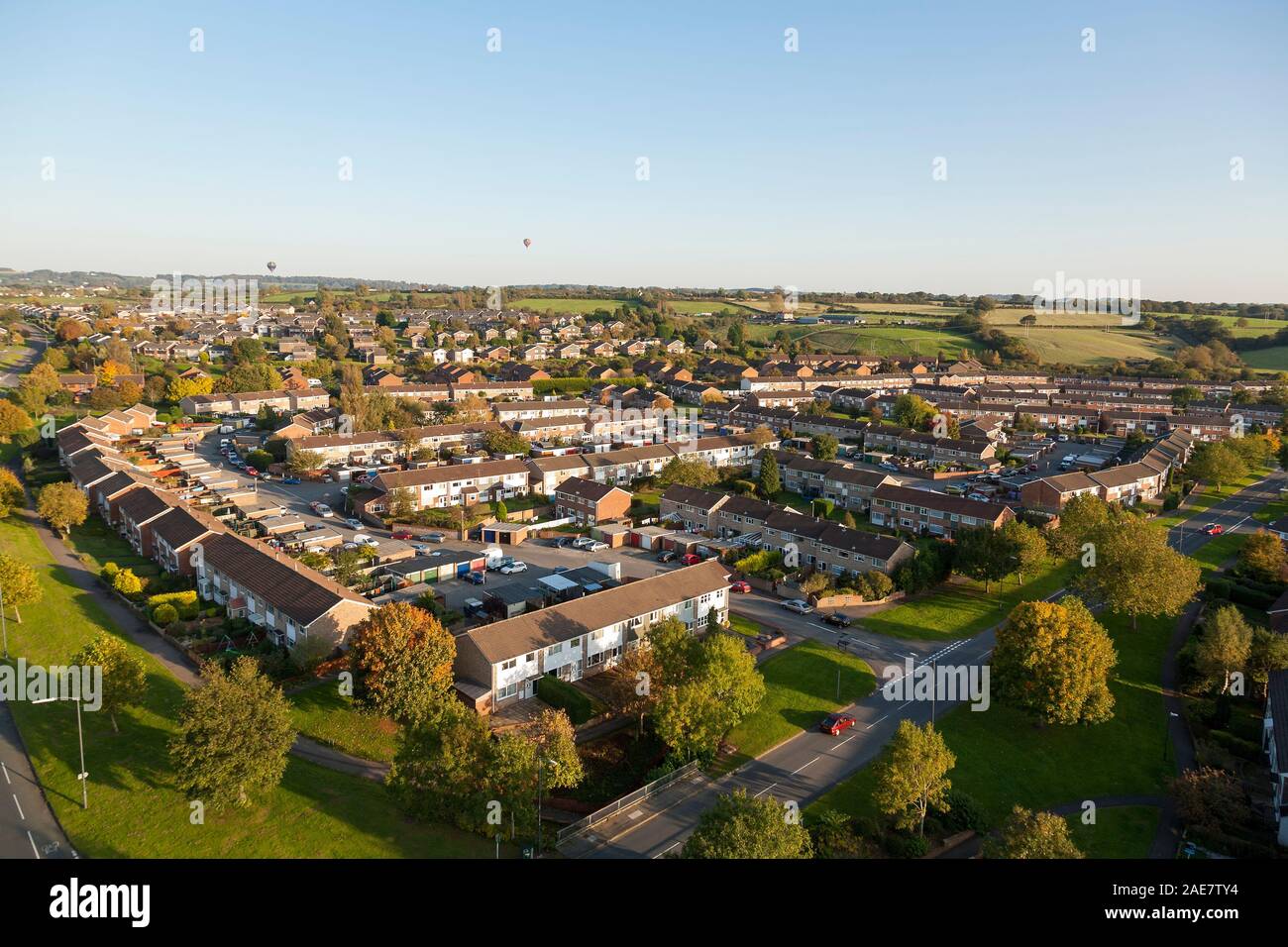Deep Concerns Expressed Over Police Accountability Review Process

Table of Contents
Lack of Transparency and Public Access in Police Accountability Review Processes
A significant concern revolves around the limited public access to information regarding police misconduct investigations and their outcomes. The lack of transparency undermines public trust and fuels skepticism about the fairness and impartiality of the Police Accountability Review Process.
- Examples of limited access: Many jurisdictions heavily redact investigative reports, making it difficult, if not impossible, for the public to understand the details of the case and the rationale behind the decisions made. Access to crucial evidence, such as body camera footage, may also be severely restricted.
- Impact on public trust: This secrecy fosters a climate of distrust, leading the public to believe that the system is protecting officers rather than holding them accountable. The lack of transparency creates fertile ground for rumors and speculation, further eroding public confidence.
- Legal challenges: Obtaining information often involves lengthy and complex legal battles, further hindering public access and making it difficult for individuals to hold police accountable for their actions.
- Jurisdictional disparities: The level of transparency in Police Accountability Review Processes varies significantly across different jurisdictions, highlighting the urgent need for standardization and reform.
Potential Solutions: Increased public reporting requirements, coupled with the establishment of independent oversight bodies with stronger transparency mandates, could significantly improve public access and foster greater accountability. Dedicated public portals providing accessible summaries of investigations and outcomes, while protecting sensitive information, could represent a significant step forward.
Insufficient Independence and Potential for Bias in Police Accountability Review Processes
The issue of internal investigations, conducted primarily by fellow officers, presents a significant challenge to the integrity of the Police Accountability Review Process. The potential for conflicts of interest and the infamous "blue wall of silence" create a system that often fails to hold officers accountable for their actions.
- Internal investigations: Investigations conducted within the police department itself often lack the necessary independence and objectivity. The inherent pressure to protect fellow officers can lead to biased investigations and lenient outcomes.
- The "blue wall of silence": This phenomenon, where officers are reluctant to testify against their colleagues, further compromises the objectivity and effectiveness of internal reviews.
- Need for independent oversight: Independent oversight bodies, such as civilian review boards or external investigators, are essential for ensuring impartiality and building public trust.
- Best practices for impartiality: Implementing strict codes of conduct, mandatory training on bias awareness, and ensuring investigators are adequately trained and resourced are critical steps in ensuring the impartiality of investigations.
Potential Solutions: Strengthening independent oversight bodies, mandating external investigations for serious misconduct cases, and implementing stricter codes of conduct for all officers involved in the Police Accountability Review Process are vital steps towards greater accountability.
Ineffective Sanctions and Lack of Accountability for Misconduct in Police Accountability Review Processes
Even when misconduct is proven, weak penalties often fail to hold officers meaningfully accountable, leading to a culture of impunity. The lack of stringent sanctions undermines the entire Police Accountability Review Process and sends a dangerous message to both officers and the public.
- Insufficient punishments: Many cases demonstrate inadequate punishments for proven misconduct, ranging from minor suspensions to lenient reprimands that fail to reflect the seriousness of the offense.
- Impact on police behavior and public perception: Lenient penalties perpetuate a cycle of misconduct, encouraging officers to believe they can act with impunity. This further erodes public trust and fuels anger and frustration.
- Need for stronger sanctions: Stronger sanctions, including dismissal, criminal prosecution, and civil liability, are necessary to deter misconduct and ensure meaningful accountability.
- Effectiveness of different disciplinary measures: A thorough evaluation of the effectiveness of different disciplinary measures is crucial to identify what works best in deterring misconduct and restoring public trust.
Potential Solutions: Stricter disciplinary guidelines, increased transparency in sanctioning processes, and enhanced training programs focused on preventing misconduct are all essential elements of a more effective Police Accountability Review Process.
The Role of Technology and Data in Improving Police Accountability Review Processes
Technology offers significant potential to enhance the Police Accountability Review Process. Body cameras, data analysis, and other technological advancements can provide objective evidence, identify patterns of misconduct, and improve transparency.
- Body camera footage: Body cameras provide objective evidence of police interactions, offering a crucial perspective often missing in traditional investigations.
- Data analysis: Analyzing data on police interactions, complaints, and disciplinary actions can help identify patterns of misconduct and inform strategies for prevention.
- Challenges in data management: Effective data collection, storage, and analysis require significant investment in technology and expertise, along with robust data protection measures.
- Privacy concerns: The use of technology in policing raises important privacy concerns that must be carefully addressed through appropriate regulations and safeguards.
Potential Solutions: Investing in robust body camera programs, developing effective data analysis techniques, and ensuring appropriate data protection measures are in place are crucial steps towards leveraging technology to improve police accountability.
Conclusion: Addressing Deep Concerns Regarding the Police Accountability Review Process
The concerns surrounding the Police Accountability Review Process are multifaceted and deeply rooted in a lack of transparency, insufficient independence, ineffective sanctions, and the need for better data utilization. These issues undermine public trust in law enforcement and must be addressed urgently. Restoring public confidence requires a systemic overhaul, emphasizing transparency, independent oversight, and the implementation of strong, consistent sanctions. By embracing technology responsibly and implementing evidence-based reforms, we can build a more just and effective Police Accountability Review Process. Contact your elected officials, support organizations advocating for police reform (e.g., the NAACP Legal Defense and Educational Fund, the ACLU), and stay informed about ongoing efforts to improve the police accountability review process. Your engagement is crucial in driving positive change.

Featured Posts
-
 Live Coverage Significant House Fire In Yate Gloucestershire
Apr 30, 2025
Live Coverage Significant House Fire In Yate Gloucestershire
Apr 30, 2025 -
 Unexpected Family Ties Nba Legend And Ru Pauls Drag Race Contestant
Apr 30, 2025
Unexpected Family Ties Nba Legend And Ru Pauls Drag Race Contestant
Apr 30, 2025 -
 Remy Cointreau Et Son Document Amf Cp 2025 E1029253 Points Cles
Apr 30, 2025
Remy Cointreau Et Son Document Amf Cp 2025 E1029253 Points Cles
Apr 30, 2025 -
 Where To Watch Untucked Ru Pauls Drag Race Season 16 Episode 11 For Free
Apr 30, 2025
Where To Watch Untucked Ru Pauls Drag Race Season 16 Episode 11 For Free
Apr 30, 2025 -
 Feltri Sul Venerdi Santo Fede Dubbio E Riflessione
Apr 30, 2025
Feltri Sul Venerdi Santo Fede Dubbio E Riflessione
Apr 30, 2025
